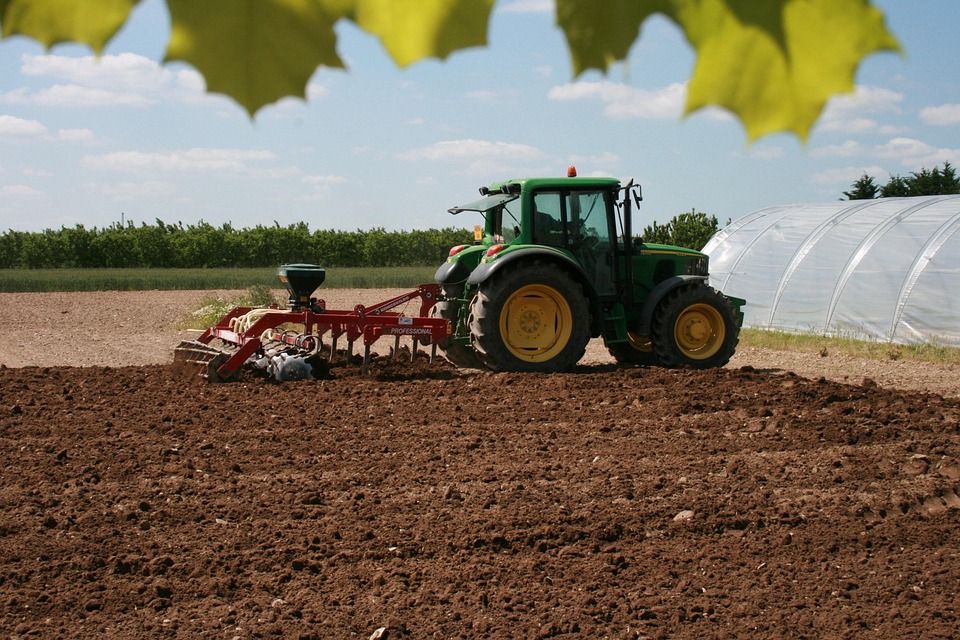
Cultivating Community: How Local Food Choices Strengthen Relationships
In an age where globalization often dictates our food systems, the concept of local food choices is gaining traction as a powerful tool for community building. Choosing locally sourced foods does more than just promote sustainability; it fosters relationships, strengthens economies, and nurtures a sense of belonging. This article explores how cultivating community through local food choices can transform our interactions and enrich our social fabric.
1. The Power of Connection
Local food choices are inherently tied to the people and places around us. When individuals opt for locally sourced produce, meats, and artisanal goods, they are not just making a dietary choice; they are engaging in a social practice that connects them to farmers, artisans, and other community members. Farmers’ markets, community-supported agriculture (CSA) programs, and local food cooperatives serve as gathering spaces where relationships can blossom.
By purchasing food directly from producers, consumers engage in storytelling, learning about the origins of their food and the people behind it. This interaction transforms a simple transaction into a meaningful exchange, where consumers become aware of the impact of their choices on local economies and ecosystems.
2. Strengthening Local Economies
When community members choose local foods, they support local economies. Studies show that a significant portion of money spent at local farmers’ markets or shops stays within the community, creating jobs, supporting local businesses, and ensuring that local farmers can thrive. This economic reciprocity strengthens connections among community members, as they collectively invest in a shared future.
Furthermore, strong local economies can attract more producers and businesses, making communities more resilient. When people witness the positive impacts of their food choices on local prosperity, they are likely to foster deeper bonds with their neighbors and local stakeholders.
3. Fostering Sustainability and Environmental Stewardship
Choosing local foods often aligns with sustainable agricultural practices, as small-scale farmers are more likely to use environmentally friendly methods than large industrial operations. When communities prioritize local food, they simultaneously promote sustainability and environmental stewardship.
This commitment to sustainability can lead to collective community initiatives, such as community gardens, clean-up days, or educational workshops about sustainable practices. These gatherings serve as opportunities for residents to connect over shared values, encouraging collaboration and mutual support.
4. Celebrating Diversity and Cultural Heritage
Food is an integral part of culture and identity. Local food choices can celebrate the diverse culinary traditions within a community. By encouraging local restaurants, markets, and food events that feature diverse cuisines, communities create inclusive spaces where individuals can share their stories and cultural heritage.
Culinary events that highlight local foods—such as harvest festivals or cooking competitions—provide platforms for cultural exchange. These celebrations build relationships and respect among diverse community members, reinforcing the idea that a thriving community is built on diversity and inclusion.
5. Enhancing Food Security
Local food initiatives can also play a critical role in enhancing food security, particularly in underserved areas. Community gardens, local food banks, and food cooperatives can provide access to fresh produce for those who might otherwise struggle to obtain it.
By working collectively to address food insecurity, community members forge strong relationships rooted in support and solidarity. Efforts to ensure that everyone has access to healthy, local food can break down barriers, fostering a sense of trust and camaraderie.
Conclusion
Cultivating community through local food choices creates a virtuous cycle of connection, economic strength, sustainability, and cultural celebration. As individuals make conscious decisions to support their local food systems, they contribute to a more cohesive and resilient community. By nurturing relationships through the simple act of sharing meals, community members find common ground, celebrate their differences, and work towards a brighter, more connected future.
In a world increasingly disconnected, local food choices serve as a powerful reminder that what we eat can nourish not only our bodies but also our relationships and community bonds. Embracing local food systems is more than a trend—it’s a movement toward a more interconnected and supportive society.
